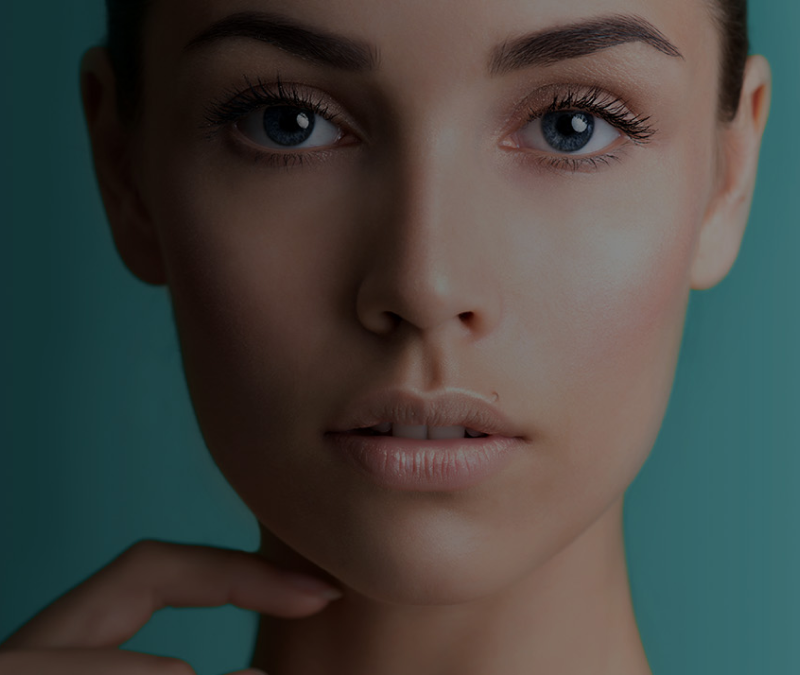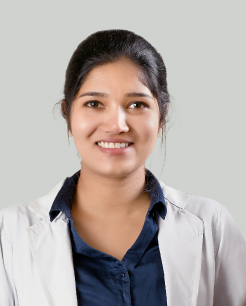Dermatologists at Aster Mother Hospital, Areekode manages the curative and preventive aspect of skin/STDs and allied disorders extending from basic skin issues like eczemas, acne, psoriasis, leprosy, vitiligo, viral, fungal and bacterial diseases, nail disorders, regular hair issue like baldness, hair loss, a wide range of hypersensitivity reaction to the skin. The department additionally gives care to patients with sexually transmitted ailments. At the point when skin disease is recognized sufficiently early by your dermatologist, there is a 98 per cent or more noteworthy shot that it can be cured; not getting it can be fatal. The yearly skin check is along these lines an exam that can truly save your life.
Dermatology




